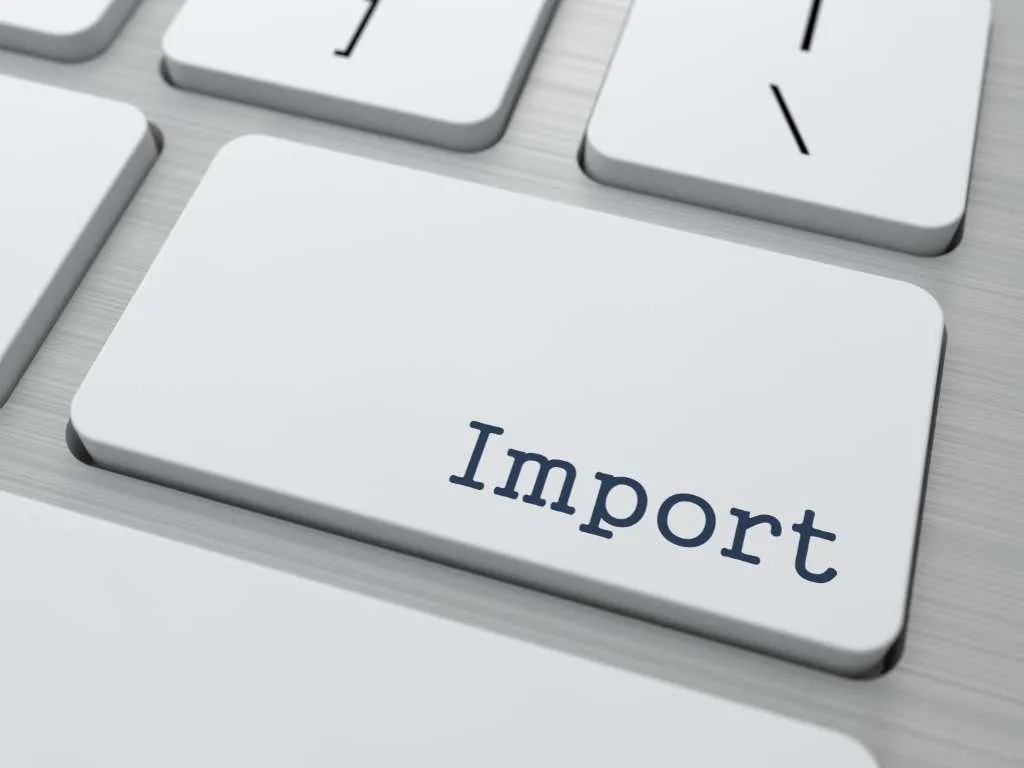News Details

New Indonesian Regulation on Import of HFCs and Ozone Depleting Substances
The Minister of Environment and Forestry of Indonesia published Regulation No. 7/2024 on Procedures for Issuing Recommendations for Import Permits of Ozone Depleting Substances and Hydrofluorocarbons on May 16, 2024. The regulation went into effect on that date.
Objective
One of the government's initiatives to reduce the effects of global warming is to regulate the use of ozone-depleting substances (ODSs) and hydrofluorocarbons (HFCs), which have a significant potential for global warming. The system for making recommendations for approval of imports of hydrofluorocarbons and compounds that deplete the ozone layer must be developed in order to provide legal certainty importers of these substances.
Substances and business companies targeted by the regulation
Chemical compounds that have the ability to react with ozone molecules in the stratosphere are substances that destroy the ozone layer, or BPO (an Indonesian acronym for “Bahan Perusak Lapisan Ozon”) for short. These ODSs are listed in Annex I of the Regulation.
Hydrofluorocarbons, or HFCs for short, are substances made up of carbon, fluorine and hydrogen atoms that can be used in place of BPOs but can also contribute to global warming. HFCs are listed in Annex III of the Regulation.
BPO consists of
-
methyl bromide and non-methyl bromide substances (listed in Part B of Appendix I. Non methyl bromide consists of the following types of substances):
-
Hydrochlorofluorocarbons (HCFCs)
-
Mixtures between HCFCs and HFCs
-
Mixtures between HCFCs and Perfluorinated Compounds (PFCs)
It is mandatory for importers of ODSs to register with the Indonesian National Single Window System (SINSW). Additionally, importers must provide certain documentation when applying for an import permit (business permit in the import sector in the form of approval from the minister who handles government affairs in the trade sector to carry out imports). Each import permit has a one-year validity period.
Import restrictions for methyl bromide are carried out for quarantine and pre-shipment activities.
Import restrictions for non-methyl bromide are carried out for the following activities:
-
maintenance of refrigeration equipment.
-
maintenance of fire extinguishers.
General regulatory information
The Minister has the authority to determine the national import allocation of BPO or HFC and to issue recommendations for BPO or HFC import approval (a letter as clearance of BPO or HFC Import Approval). Hereinafter, the national import allocation is data and information that contains the consumption and production situation of BPO or HFC for the needs of the population and industry within a certain period of time that is determined and applies nationally.
Documentation
BPO importers applying as API-U (an importer identification card which is only given to business entities importing certain goods for trade or transfer purposes) or as API-P (an importer identification card which is only given to business entities importing certain goods for their own use as capital goods, etc) submit requests for BPO Import Approval Recommendations by uploading scans of original documents via SINSW including:
-
Details of the goods to be imported
-
Previous year's BPO Import Approval
-
Decree of the Minister of Agriculture on the Granting of Registration Numbers and Permanent Permits for Pesticides to Importers of Methyl Bromide
-
Safety Data Sheets (SDS)
-
Certificate of Analysis (CoA)
-
Letter of registration of hazardous and toxic substance (B3)
The difference in documentation requirements between API-U and API-P holders is as follows:
API-U: Distribution plan of the goods to be imported
Previous year’s records of import and distribution of goods
API-P: Plans for the use of the goods to be imported
Previous year’s records of import and use of goods
The deadline for submitting the application for BPO Import Approval Recommendations is no later than the first week of December in the year prior to the National BPO Import Allocation is valid.
The Regulation can be downloaded at:
https://jdih.menlhk.go.id/new2/uploads/files/PERMEN%20LHK_7_2024.pdf
We acknowledge that the above information has been compiled from Indonesia.

 Twitter
Twitter
